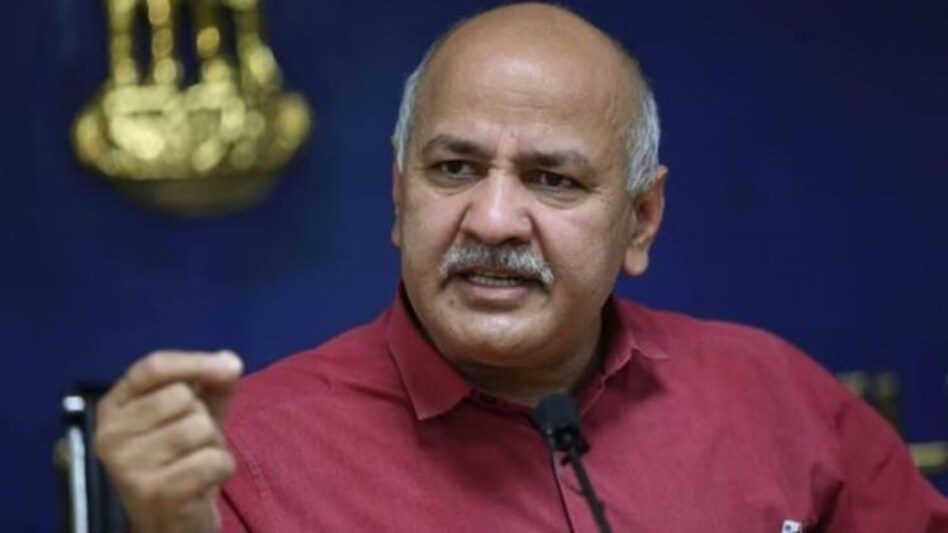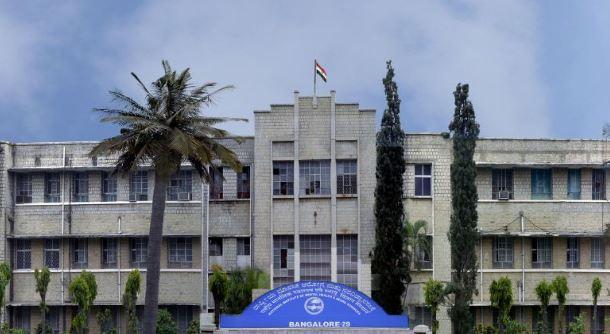Manish Sisodia and Delhi Excise Policy case

On 26th February 2023, the Central Bureau for Investigation (CBI) arrested the former deputy Chief Minister of Delhi, Manish Sisodia, in Delhi Excise Policy Case. This case is also known as the Delhi Liquorgate case. Moreover, the Enforcement Directorate (ED) arrested Sisodia in the same case on 9th March 2023.
On 11th July 2023, the Aam Aadmi Party (AAP) organized a mega rally in Ramlila Maidan (New Delhi). While addressing the rally, the Delhi CM Arvind Kejriwal said, “They (Union Government) put Manish Sisodia and Satyendar Jain in jail to stop work. We have 100 Sisodias, 100 Jains.”
Who is Manish Sisodia?
Sisodia was a journalist who worked for Zee News and All India Radio (AIR) before becoming a politician. Moreover, he has been active in a struggle to pass the Right to Information Act (RTI). Similarly, Sisodia actively participated in the Jan Lokpal Movement led by Anna Hazare in 2011. Later, he became a Political Affairs Committee Member of AAP.
Sisodia served as a Member of the Legislative Assembly (MLA) after winning the public mandate in the Delhi Legislative Assembly Elections in 2013, 2015, and 2020. He gained prominence among the public for the education reforms he initiated as the Education Minister of Delhi, which aimed to improve the infrastructure and quality of education in Delhi government schools. Similarly, the budgetary allocation for education doubled when Sisodia served as the finance minister of Delhi.
What is the Delhi Excise Policy?
Before the implementation of the Delhi Excise Policy in 2021, the Delhi government sold liquor through four of its corporations, namely Delhi Tourism and Transportation Corporation (DTTDC), Delhi State Industrial and Infrastructural Development Corporation (DSIIDC), and Delhi Consumer’s Cooperative, and Wholesale Store (DCCWS) by setting up liquor vents across the national capital.
The Delhi government proposed and implemented the Delhi Excise Policy in 2021. The excise policy divided the city into 37 zones, each with a maximum of 27 liquor vends. Under this policy, the government gave nearly 849 liquor to private players, and the Delhi government exited the liquor business. Through zone-by-zone bidding, private players were issued a license to establish liquor vents.
Enhancing customer experience and ending the liquor mafia and black market were a few objectives of this policy. Allowing home delivery of liquor, permitting the licensees to open the liquor shop till 3:00 am, and allowing the private players to decide on the MRP of the liquor with the government setting a price ceiling for liquors were a few provisions under the Delhi Excise Policy 2021.
After implementing this policy, the government witnessed a surge in tax revenue from liquor by more than 27 percent. Similarly, the liquor vendors adopted a competitive pricing model and sold liquor at a discounted price, which increased liquor sales. However, the policy suffered criticism from civil societies, opposition parties, educational institutions, and so on. Ultimately, the Delhi government scrapped the new excise policy and reverted to the old liquor policy in July 2022.
Issues with the Delhi Excise Policy
On 8th July 2022, the Chief Secretary of Delhi submitted a report to the Lieutenant Governor (LG) of Delhi, Vinai Kumar Saxena. The report highlighted various procedural lapses in the implementation of the liquor policy.
According to the report, the Delhi Excise Policy violated the Government of National Capital of Delhi (GNCTD) Act, 1991, Transaction of Business Rules of 1993, Delhi Excise Act of 2009, and Delhi Excise Rules of 2010. Moreover, the report also alleged the Delhi Government of providing undue financial favors to the liquor licensees. The LG of Delhi, Saxena, ordered a CBI probe into the violation and procedural flaws in implementing the new Delhi Excise Policy.
Involvement of Manish Sisodia
Manish Sisodia served as Delhi’s Excise Minister when the new excise policy was formulated and implemented in 2021 and 2022. Delhi Chief Secretary’s report accused Sisodia of various violations and procedural flaws in implementing the policy.
The Delhi Chief Secretary, in his report, has written that “It was done so with the sole aim of benefitting private liquor barons instead of financial benefits to individuals at the highest echelons of the government leading up to the Minister-in-charge of Excise & Finance, Manish Sisodia.”
Charges Against Manish Sisodia
In August 2022, the CBI filed an FIR against Sisodia and fourteen others in a special court under various sections of the Indian Penal Code (IPC), which includes 120B (Criminal Conspiracy) and 477A (Falsification of records), and section 7 of the Prevention of Corruption Act.
In May 2023, ED filed a chargesheet against Sisodia under the Prevention of Money Laundering Act (PMLA) of 2002 and named Sisodia as the main accused in the Delhi Excise Policy Case.
Interrogation and Arrest
The CBI summoned Sisodia for questioning on 19th February 2023. However, he sought a week as he was Delhi’s Finance Minister and was busy preparing the Budget. On the request of Sisodia, CBI issued a fresh summons to him.
On 26th February 2023, CBI arrested Sisodia after an eight-hour-long questioning. On 28th February 2023, after the Supreme Court refused to grant interim bail to Sisodia, he resigned from the Minister and Deputy Chief Minister post.
On 6th March 2023, the Rouse Avenue Court sent Sisodia to judicial custody, following which he was shifted to the Tihar Jail. Moreover, on 7th March 2023, the ED recorded the statement of Sisodia inside the Tihar Jail. Moreover, on 9th March 2023, ED arrested Sisodia after questioning him.





